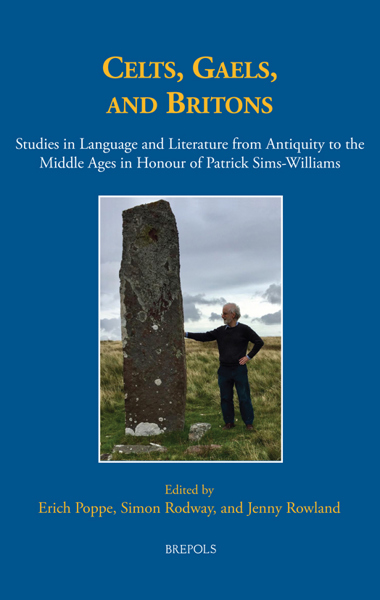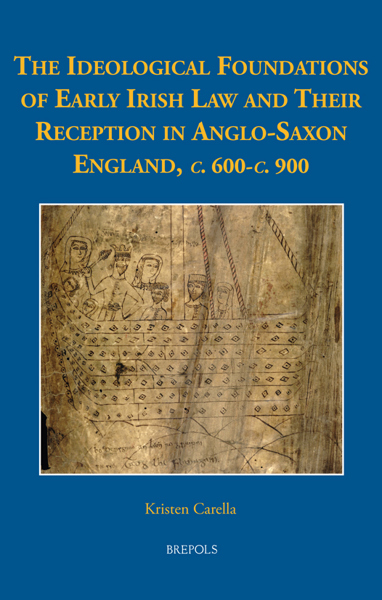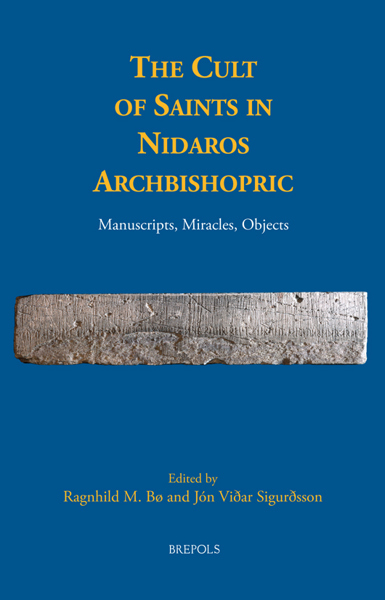
The Ideological Foundations of Early Irish Law and Their Reception in Anglo-Saxon England, c. 600-c. 900
Kristen Carella
- Pages: 322 p.
- Size:156 x 234 mm
- Language(s):English
- Publication Year:2025
- € 100,00 EXCL. VAT RETAIL PRICE
- ISBN: 978-2-503-60731-3
- Hardback
- Available
- € 100,00 EXCL. VAT RETAIL PRICE
- ISBN: 978-2-503-60732-0
- E-book
- Available
Kristen Carella is Professor of English at Assumption University (Worcester, MA, USA), where she teaches a variety of courses on medieval literature and languages. Recently, she taught Old English while a Visiting Professor at Harvard University. She has published primarily in the fields of early English and Irish law, literature, and homiletics (both in Latin and the vernaculars). Her secondary interests include transgender studies, dystopian literature, and zombie literature.
Old Testament Levites who considered the Law of Moses to be the living law: this has long been the established view among many scholars for how early Irish jurists perceived themselves, as well as how they saw the broader theoretical and religious bases of their jurisprudence. In this volume, however, Kristen Carella offers a timely reassessment of scholarly opinion, exploring Irish legal texts within the broader context of both vernacular Irish and Hiberno-Latin literature to argue that early Irish Christian intellectuals in fact saw themselves as gentile converts, subscribing to an orthodox Christian faith that was deeply infused with Pelagian theology.
Certain aspects of Irish legal ideology, particularly Irish views of divine history and pseudo-historical ideas about their own ethnogenesis, moreover, extended out of Ireland and into Anglo-Saxon England; their impact can be seen on lawmakers such as Alcuin, when he helped draft the Anglo-Latin Legatine Capitulary of 786, and King Alfred of Wessex, when he composed the Old English prologue to his law code in the late-ninth century. Through this approach, this volume not only challenges long-held scholarly views on Irish legal ideology and its influences beyond Ireland, but also provides a new paradigm for intellectual relations between early medieval Ireland and England.
Author’s Preface
Abbreviations
Chapter 1. Introduction
Part One: Early Irish Law
Chapter 2. Background
Chapter 3. Biblical Law
Chapter 4. The Law of Nature
Chapter 5. Pseudo-history
Chapter 6. Conclusions
Part Two. Anglo-Saxon Law
Chapter 7. Background
Chapter 8. Eighth-Century Northumbrian Law
Chapter 9. The Court of King Alfred
Chapter 10. The Alfredian Pseudo-historical Genealogies
Chapter 11. Conclusions
Works Cited
General Index




